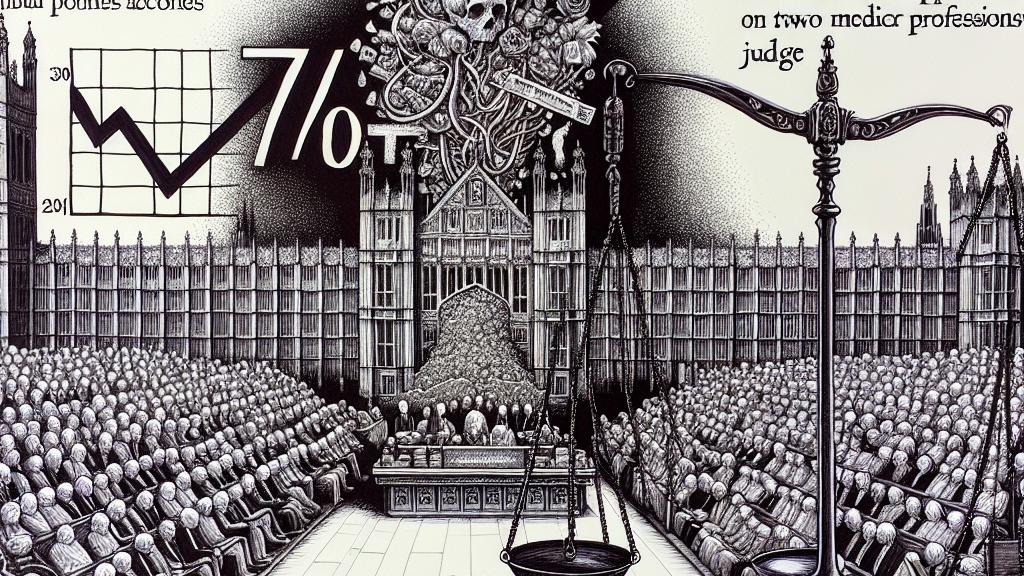UK Parliament Advances Euthanasia Bill with Majority Support
Overview
- In a groundbreaking move, the UK Parliament has embraced an euthanasia bill, marking a significant societal shift.
- This legislation empowers terminally ill patients to make the profound decision of choosing death, contingent on consent from qualified medical professionals.
- The advancing discussions reveal deep-seated ethical debates surrounding autonomy, dignity, and societal responsibilities.

Historic Legislative Advancement in the UK
On November 29, 2024, the UK Parliament made headlines by passing an unprecedented euthanasia bill in the House of Commons. With a decisive vote tally of 330 in favor and 275 against, this legislation seeks to empower adults in England and Wales who are facing terminal diagnoses—such as advanced cancer or degenerative diseases—granting them the right to choose a dignified death. The process stipulates that approval must be obtained from not just two medical professionals but also a judge, ensuring a meticulous and considered approach to such a critical decision. It’s noteworthy that public support has surged since 2015, with current polls indicating that around 70% of the population believes in the necessity of this law, reflecting a profound shift in the national conversation around end-of-life choices.
Global Movements and Ethical Challenges
The UK's progressive steps mirror a broader international trend regarding euthanasia laws. Countries like Canada and Switzerland, as well as several U.S. states, have already implemented frameworks endorsing the right to choose death with dignity. Nevertheless, such advancements ignite heated discussions about the potential implications. Critics voice valid concerns: might vulnerable groups, particularly the elderly, feel coerced into choosing this option out of fear of being a financial or emotional burden? This raises critical ethical questions about the boundaries of personal choice versus societal pressures. The essence of supporting individuals in their final moments must balance respect for their autonomy with robust protections to ensure no one is unduly influenced in making such profound decisions.
A Mosaic of Public Opinion and Future Considerations
The vibrant protests and rallies outside Parliament immediately following the vote illustrated the passionate divide within society. Supporters brandished signs stating 'Dignified Death is a Human Right,' emphasizing the importance of individual choice, while opponents declared 'We Want Care, Not Coercion,' highlighting the necessity for improved support systems. As the bill advances to the House of Lords for further examination, it serves as a pivotal moment—not just for legislation but in the ongoing dialogue around human rights and dignity. This discussion invites everyone to reflect deeply on what it means to care compassionately for those nearing the end of life. Ultimately, the outcome of this legislation will resonate far beyond the UK, potentially influencing global perspectives on euthanasia, rights, and end-of-life care.

Loading...